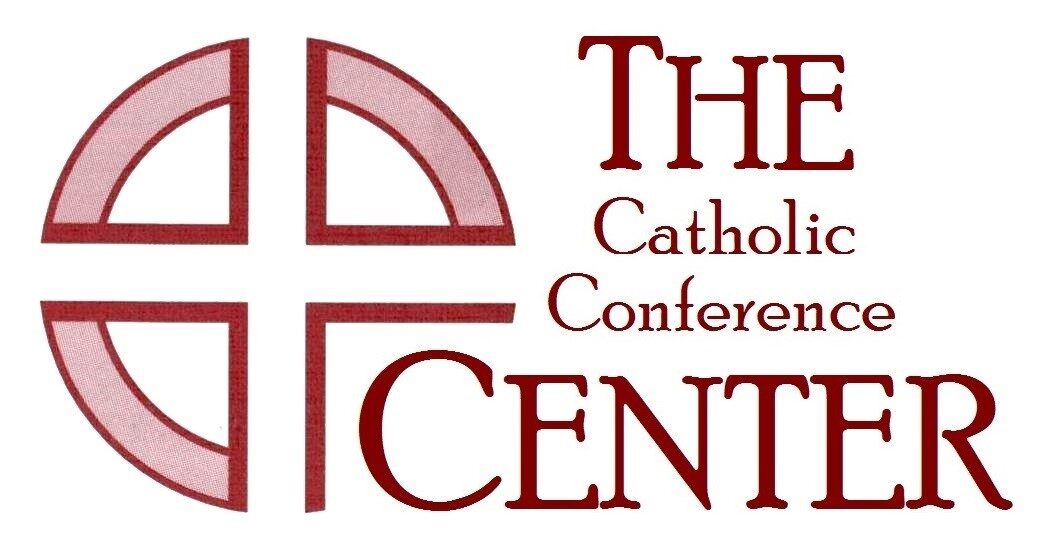Easter Message
Deacon Scott D. Gilfillan

Christians all over the world gather to celebrate Easter. What draws us to this particular feast? We know the story. We know how it ends. So why, year after year, do we return like salmon swimming upstream to find their primordial nesting grounds?
It’s because the passion, death, and resurrection of Jesus is not just a story of something that happened 2,000 years ago. The passion, death, and resurrection is our story. We are meant to be resurrection people. We are meant to be living resurrection lives.
There is something about this story that touches the deepest part of our humanity. Something rings true in our life. It sparks hope. It renews our faith. It reminds us that maybe, just maybe, God has the power to conquer all the forces that are sapping our life.
But. Instead of living out the Easter mystery with resurrection lives, we sometimes get stuck in Good Friday. We live like Good Friday people, not Easter Sunday people.
~
We are very familiar with the range of emotions and events of Good Friday.
On Good Friday, Jesus was betrayed, falsely accused, scourged, and crucified. We can relate to this. Most of us here have been betrayed by a friend or felt the pain of being falsely accused. We have been mocked and ridiculed. We have suffered. We live our life under the cloud of these experiences.
Most of us have also felt trapped, nailed to a cross by powerful, inescapable forces. They could be an overbearing boss, a health care system that doesn’t care, persistent pain, or our own habits and additions.
The most powerful force nailing us to the cross might just be our own ego. Our unwillingness to forgive, to let go, to surrender, and our thirst for revenge.
We can relate to the emotions of the disciples at the foot of the cross: despair, discouragement, hopelessness, and grief over what’s been lost. We might even be feeling them right now.
~
We’ve forgotten how to live like resurrection people. The disciples saw the empty tomb. They realized God had just done the impossible. What did these people of the resurrection feel? The gospels said joy, amazement, puzzlement, awe, and even a little fear at what wonderous thing God might do next. Their hearts were burning, not cold. Their lives were filled with mystery, not drudgery. No regret or guilt. No looking back.
They would boldly proclaim with both their words and their actions, “He lives!” And because He lives, I now live.
I’d venture to say we would much rather be resurrection people, not Good Friday people.
~
How do we move our life from Good Friday to Easter Sunday? We follow the path that Jesus took, distilled down into two steps. One, we have to surrender to God. Two, we have to spend some time in the tomb.
Jesus stayed on the cross until he said, “Father, into your hands, I commend my spirit.” We too will likewise stay stuck in Good Friday until we surrender to God. We need to give God our pain, our betrayals, and our denials.
Another way of saying this is that we need to die to self. We need to be crucified in Christ so that Christ lives in us, the Christ that cannot die. These don’t have to be grand gestures, but small acts of forgiving, uniting our suffering with Christ on the cross, or letting go of our desire to control a particular person or situation. For resurrection to happen, something must die.
~
The second step is we must enter the tomb. I call this tomb time. As human beings, we just can’t give it over to God and move on. We need time to process this new way of life and this new way of relating to another. We need time to make sense of our own new, resurrection life.
In tomb time, we need to unwrap the burial cloths. These could be our old way of presenting ourselves to others. The masks we wear. The layers of protection we use to shield what we’re really feeling.
In the tomb, Jesus descended into hell. He is the Lord of the living and the dead. We need to make our own descent. We need to take an honest look at the skeletons in our closets. We need to properly grieve those parts of our life that have died.
In tomb time, we heal the painful memories. We don’t forget but heal the wounds of the past. Jesus emerged from the tomb with his wounds, the nail marks on his hands, and his feet.
When Jesus emerged from the tomb, he was the same, but different. When we go through the process of forgiving and healing, we also will emerge the same, but different. People see you and recognize you but also recognize that something has changed. You’re a resurrection person, no long longer stuck in Good Friday.
In the tomb, it’s dark. We’re not in control. We can’t see in front of us. To forgive and to love another unconditionally is to enter into the uncertain, the darkness.
In the tomb, we wait for God to send an angel to roll away the stone.
~
The resurrection of Jesus changed the lives of the first disciples. It can change your life too. Each and every time you’re having a Good Friday moment, surrender to God, get down off of that cross, and spend a little time in the tomb. It’s time to transform your Good Fridays’ into Easter joys. “He lives!” And because he lives, he invites you to enter the resurrected life, a life of joy, wonder, amazement, and peace.
